Bali, MINA – Indonesian President Joko “Jokowi” Widodo said that there are four concepts of sustainable resilience in dealing with disaster risks that Indonesia offers to the world.
He conveyed this at the opening of the Global Forum for Disaster Risk Reduction or the 7th Global Platform for Disaster Risk Reduction (GPDRR) 2022, which was held by Hybrid from the Bali Nusa Dua Convention Center on Wednesday (May 25).
“In this GPDRR, the Indonesian government offers the world the concept of sustainable resilience as a solution to address the challenges of systemic risk facing all forms of disaster, including facing a pandemic and at the same time supporting the implementation of sustainable development,” Jokowi said as quoted from the Sektab page.
First, Jokowi emphasized the importance of strengthening a disaster preparedness culture and institutions that are anticipatory, responsive, and adaptive in dealing with disasters.
Also Read: Taiwan Seizes One Ton of Indonesian Snack Over Excessive Preservatives
“Disaster safe education as well as government and social institutions that are synergistic and responsive to disasters must be our shared priority,” he said.
Second, every country must invest in science, technology, and innovation, including in ensuring access to finance and technology transfer. The President assessed that access to funding is an important issue that must be taken seriously.
Indonesia develops a disaster funding and insurance strategy by establishing a pooling fund as well as use and development at the village level through the Village Fund to support mitigation and preparedness efforts,” he said.
Third, build infrastructure that is resilient to disasters and resilient to climate change.
Also Read: Indonesia to Host 2025 Santri Film Festival Celebrating Islamic and Cultural Creativity
Jokowi emphasized that in addition to mitigating physical infrastructure such as dams, breakwaters, reservoirs, and embankments, green infrastructure such as mangrove forests, pine shrimp on the coast and vetiver for anti-landslides and the development of green open spaces must be part of the priority of infrastructure development.
“Protection for vulnerable groups living in high-risk areas must receive serious attention,” the President added.
Fourth, joint commitment to implement global agreements at the national to local levels.
The President assessed, the Sendai Framework, the Paris Agreement, and the Sustainable Development Goals or SDGs are important international agreements in efforts to reduce disaster risk and climate change.
Also Read: Jakarta Considers Adjusting Transjakarta Bus Fares amid Rising Subsidy Burden
“I invite all countries to be committed and serious about implementing it,” he said. (T/RE1)
Mi’raj News Agency (MINA)
Also Read: Hamas Reaffirms Commitment to Returning Bodies of Israeli Soldiers






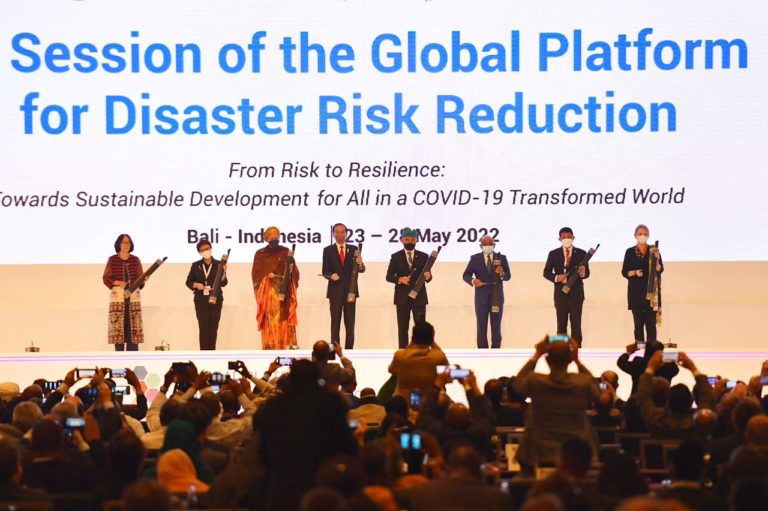




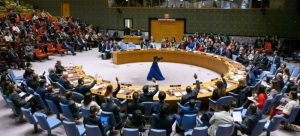
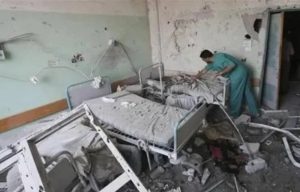
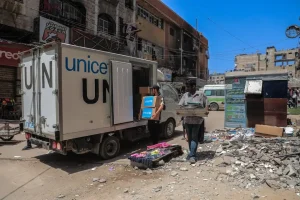
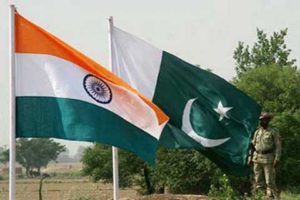

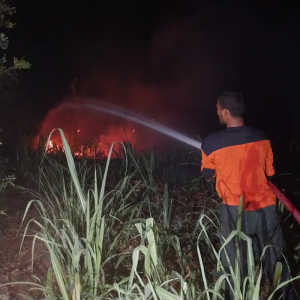
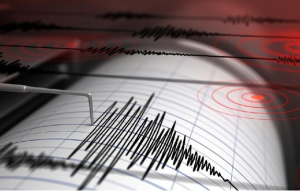
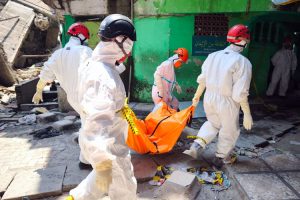
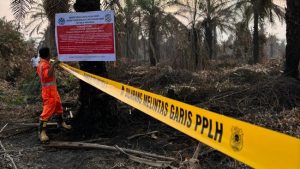
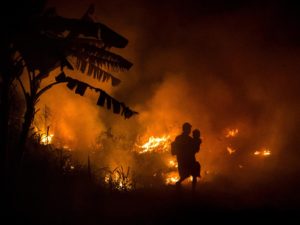
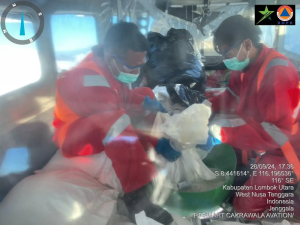



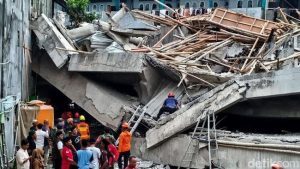


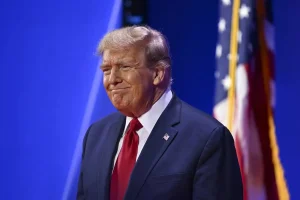
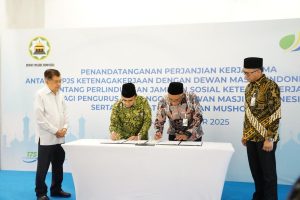
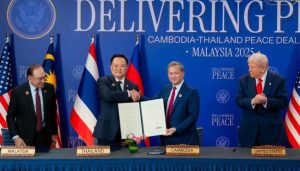
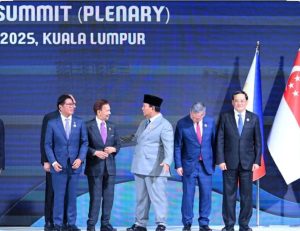
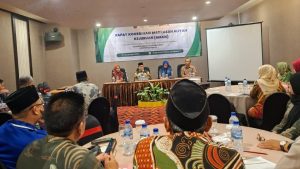
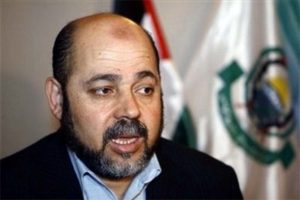
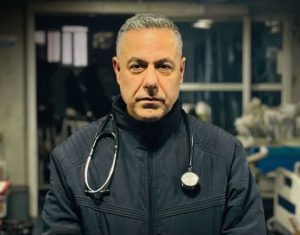



 Mina Indonesia
Mina Indonesia Mina Arabic
Mina Arabic